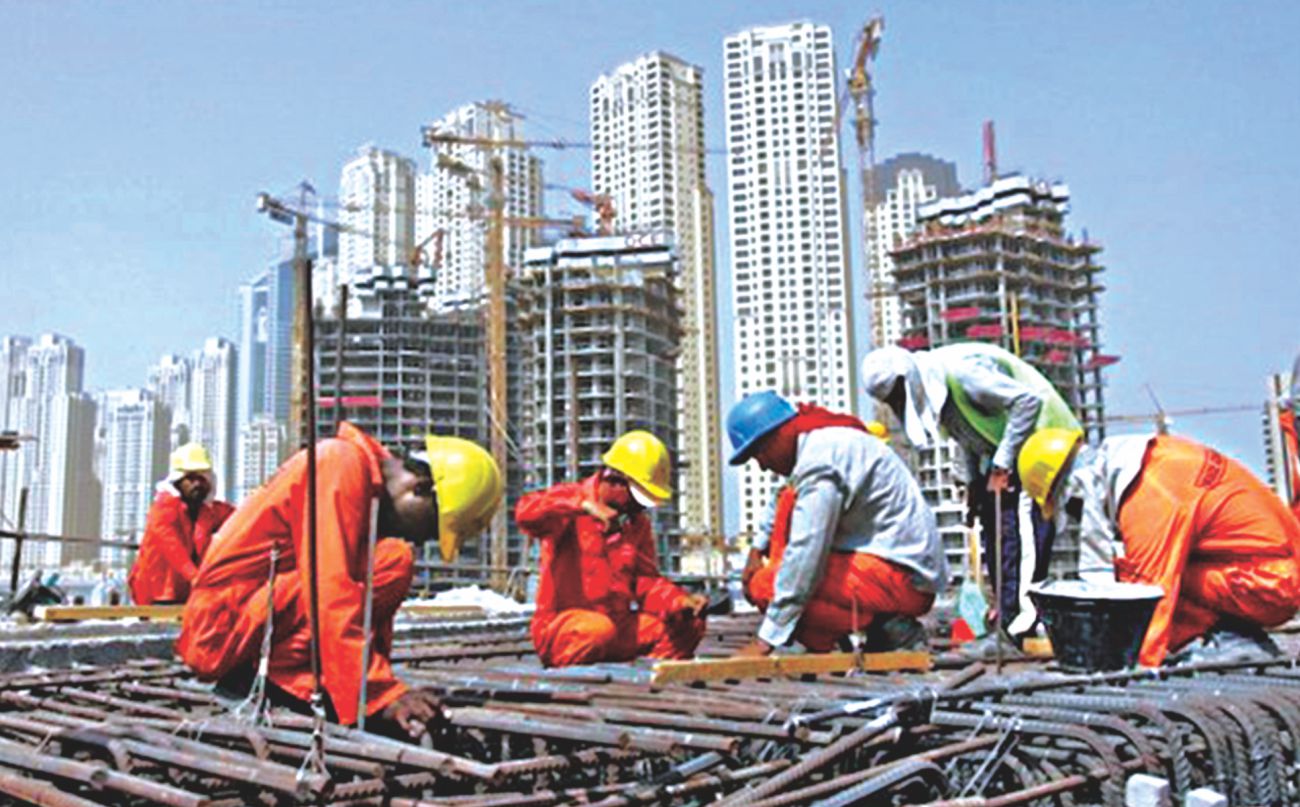We need skilled workers for higher remittance

It is disappointing that Bangladesh is unlikely to get the desired amount of remittance despite sending well over a million migrants abroad last year, simply because four out of five of them were less skilled. We have been a victim of this problem for many years, and experts and migrant rights activists have given the government a number of suggestions in the past, urging it to implement those. Yet, the findings of the Refugee and Migratory Movements Research Unit (RMMRU), based on the government's own data, suggest that whatever little the government has done to address it has been less than satisfactory.
According to the RMMRU's 2022 Migration Trends Report, the percentage of less skilled workers who migrated abroad rose to 78.64 percent last year from 75.24 percent the year before. According to the expatriates' welfare ministry, the percentage of skilled workers migrating abroad has been dropping every year since 2019-2020, when it was as high as 33.3 percent. In the following two years, that figure dropped to 22.68 percent and 20.4 percent, respectively. Because less skilled workers receive lower wages compared to skilled workers, Bangladesh has not been getting as much remittance as it potentially could, at a time when the economy is going through a difficult phase – when we need remittance earnings the most. On the flipside, the migrants themselves are able to send less money back home to their loved ones, and are more likely to become victims of frauds.
According to the 2021-2022 report of the expatriates' welfare ministry, at least 64 technical training centres and six institutes of the marine technology under the ministry's guidance provide training to aspiring migrants on 55 different trades. The ministry's website also said that 86,437 people got training at those institutes in the 2021-2022 fiscal year. Given that more than a million migrants went abroad in the same year, that number seems quite low. Therefore, the government clearly needs to advertise the availability of such training facilities to migrants better, as well as promote the benefits of receiving such training for individuals prior to migrating. It should also find out whether the training it offers can be better targeted, and should include other specialised training besides what is currently being provided.
A leader of the Bangladesh Association of International Recruiting Agencies said that they receive more demand letters for less-skilled and semi-skilled workers than for skilled workers from Middle Eastern countries, where Bangladeshis migrate to the most. However, it is not because of a lack of overall demand, but because the market for skilled workers there is already being catered to by countries like the Philippines and India. The government needs to find out what these countries are doing that Bangladesh is not, and try and compete with them better. At the same time, it should also look into other potential markets to send Bangladeshi skilled workers.
Overall, there is a lot more that the government could do to boost our remittance earnings. And these steps should have been taken a long time ago. However, since the current economic crisis clearly demonstrates how valuable remittance earnings is for our economy, the government urgently needs to take these measures now.
 For all latest news, follow The Daily Star's Google News channel.
For all latest news, follow The Daily Star's Google News channel. 

Comments